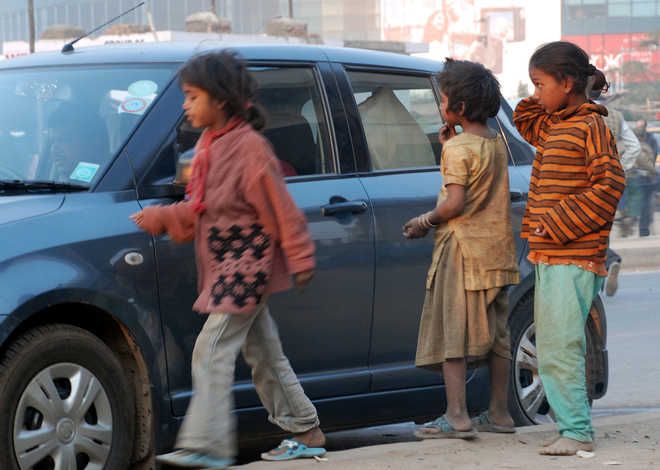It is a move that could plunge the Kashmir Valley into a perpetual state of crisis. Reeling under New Delhi’s rule at the moment, Jammu and Kashmir has been hit with the controversial decision to ban movement of civilian traffic in for two days a week (Sunday and Wednesday), for free movement of convoys.
A statement issued by government in this regard, said, “There will be a complete ban on civilian traffic on the highway during these two days from 4 am to 5 pm. This prohibition will be from Baramulla through Srinagar, Qazigund, Jawahar-Tunnel, Banihal and Ramban till Udhampur.”
This two-month long ban, which lasts till 31 May, is likely to drive further the wedge between New Delhi and Kashmir, observers said. And it will have a direct impact on the already fragile economy of Kashmir, something that has yet to recover since the devastating floods of 2014.
“This is nothing but an Israeli mindset to turn Kashmir into a South Asian Palestine,” Shah Faesal, the chairman of Jammu and Kashmir People’s Movement (JKPM), said. “How can any democratic society enforce a ban on the movement of people, and how would it justify the diktat?” After a suicide bombing left 40 CRPF soldiers dead in the Lethpora area of Pulwama on 14 February, there have been grave allegations of abuse, harassment, and beating of Kashmiris plying on the highways by the forces, particularly by the Indian Army. There have been protests, online complaints and some residents have suggested on Facebook that “This is what is wrong with New Delhi in Kashmir”.
On 2 April, students took to the streets and blocked the highway after the forces deployed on the Srinagar-Jammu National Highway at Lethpora barred their bus from moving towards the school. When the driver and students complained that they were getting late, the students were thrashed by the army. “We just told them please allow us to go to school. They started beating us,” Abrar Ahmad, a Class 7 student of Hajahad High School in Awantipora, said on Tuesday. “The school bus is yellow; we wear a uniform and don’t look like militants, so why did they beat us?” he asked.
When this question was posed to the Srinagar-based 15 Corps commander, Lieutenant-General KJS Dhillon, he denied having come across any case of harassment or beating. He said soldiers were doing their duty and are being “sensitised” before being deployed on the national highway. “My men are there and I am aware of the situation. No harassment is taking place,” Dhillon said.
But on the ground, troops carry long bamboo canes and anyone who tries to overtake when a convoy is plying, is beaten black and blue. In one recent incident at Pattan, a soldier broke the windowpanes of a car in the main town, and beat the driver, after he tried to get out of a line and clearly told the soldiers that his mother was a cancer patient who was going for a chemotherapy to a Srinagar hospital.
On any given day, officials said, at least four lakh cars are on the roads of Kashmir division. In Srinagar district alone there are 1.5 lakh cars registered and half of them ply towards the districts.
The pro-India politicians have also criticised the fresh order. Peoples Conference (PC) chairman Sajad Gani Lone on Thursday said that the decision will have disastrous “social, political and economic consequences”.
“In the civilised world, military needs will always be subservient to civil needs. This certainly will be a first-of-its-kind and will have disastrous social, political and economic consequences. The government should not carve a military identity for itself,” Lone said.
Meanwhile former Chief Minister of Jammu and Kashmir Mehbooba Mufti likened it to “martial law”.
“Last I checked, we were a democracy. But this sounds like a diktat of Martial Law. After bringing Kashmir to the brink, the administration is adamant on ensuring collective punishment for Kashmiris,” Mehbooba wrote on Twitter. National Conference vice-president Omar Abdullah said that since there are no alternate routes, the road closure will shut all access to the Valley. “Has anyone in the administration applied their minds before planning to issue this highway closure order? Jammu and Kashmir is not Chhattisgarh or Andhra Pradesh where there are alternate routes. Here if you close the national highway you shut down all access to the Valley. This is a lifeline,” Omar wrote on Twitter.
Clearly, the political row and public anger is only growing day by day in the Valley. With Lok Sabha election around the corner, the New Delhi-backed governor’s controversial decisions are only adding to a sense of siege and unrest on the ground.






